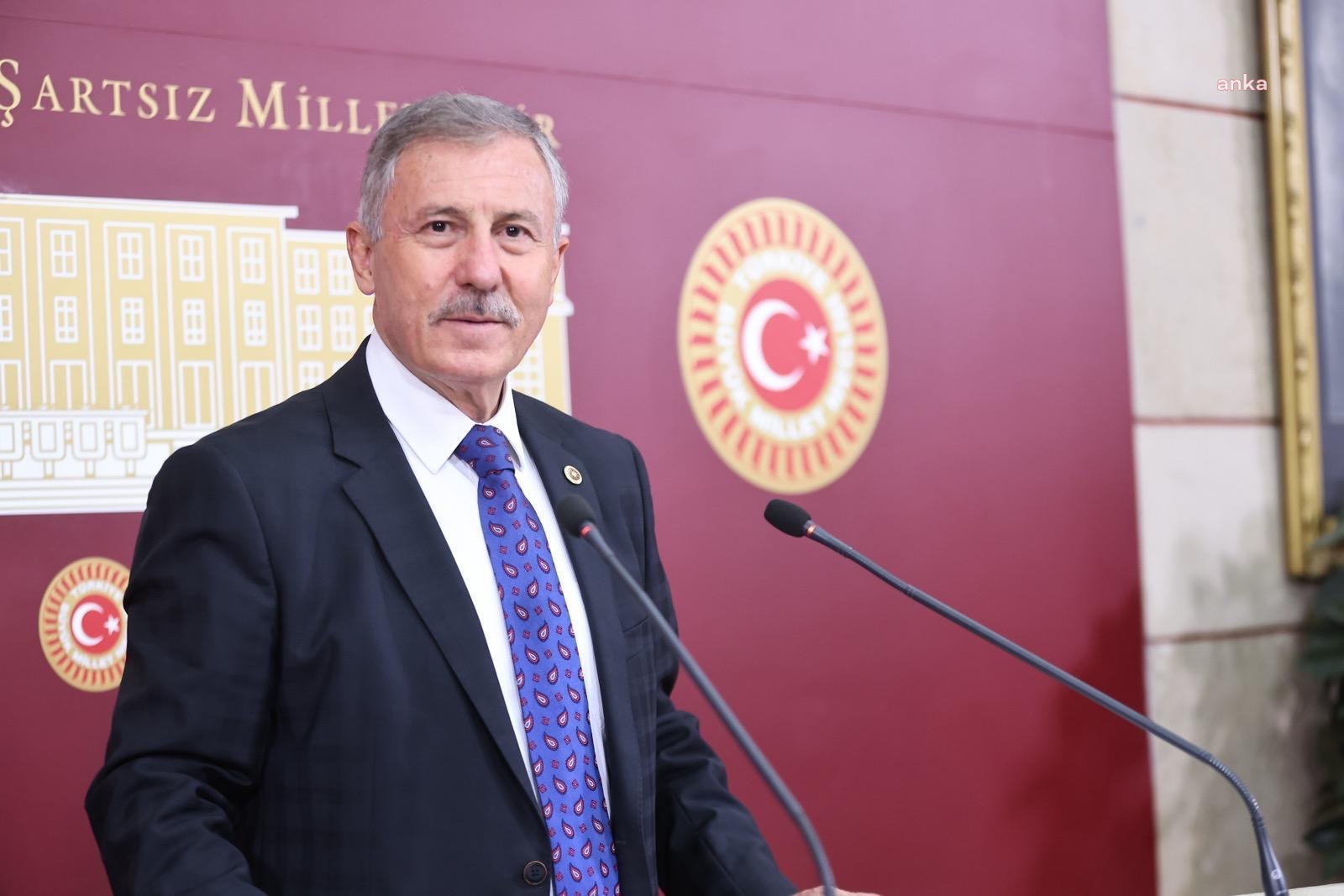Istanbul, Turkistan Times: Reports that Istanbul University, one of Turkey's most prestigious higher education institutions, canceled a panel discussion titled "From Crimea to Sudan, From Gaza to East Turkistan: Human Rights," citing the reason "we do not want a crisis with China," have caused a major uproar in Ankara and on social media. In response to this incident, Muğla Province MP, Assoc. Prof. Dr. Selçuk Özdağ, parliamentary group leader for the "Yeni Yol" (New Path) Party in the Turkish Grand National Assembly, submitted a formal written question to the Presidency of the Turkish Grand National Assembly (Parliament) on May 8, 2025, requesting a written response from the Vice President of the Republic of Turkey, Cevdet Yılmaz.
According to media reports, this important event, which was planned to be jointly organized by the "Humanitarian Aid Club" and "Young IHH" (IHH Youth Organization) within Istanbul University, was obstructed by university officials with the aforementioned excuses. Furthermore, it is alleged that university authorities demanded the removal of content related to "East Turkistan" from the event agenda, and after club officials firmly rejected this demand, the event was cancelled entirely.
MP Selçuk Özdağ commented on the matter on his social media platform, stating: "I have asked the Vice President of the Presidency (@tcbestepe), the Honorable Cevdet Yılmaz (@_cevdetyilmaz), about this issue. In these sacred lands, the oppressions faced by East Turkistan, Gaza, Crimea, and Sudan are spoken of and must absolutely be spoken of! Human rights are a universal value, and we will never abandon them; they should not be suffocated for any political interest."
In his formal written question to Vice President Cevdet Yılmaz, Dr. Selçuk Özdağ requested clarification on the following points:
Did Istanbul University indeed decide to cancel this event? If so, what is the specific basis and reason for this?
Is the restriction of academic and social activities in Turkey due to fear of China's so-called reaction not a clear violation of the Republic of Turkey's principles of freedom of expression and academic freedom?
How does preventing discussion about the genocide and crimes against humanity in East Turkistan align with Turkey's policy of supporting oppressed nations and protecting their rights?
What concrete measures does the government plan to take to ensure that student clubs and organizations in universities can carry out their activities freely, independently, and lawfully within the scope of freedom of expression?
This incident has once again brought the strong sympathy in Turkish society for the East Turkistan issue and deep concerns about China's ever-increasing political pressure to the forefront of the agenda. Observers are closely watching how the Turkish government will respond to these questions and how this will affect Turkey's future related policies.


